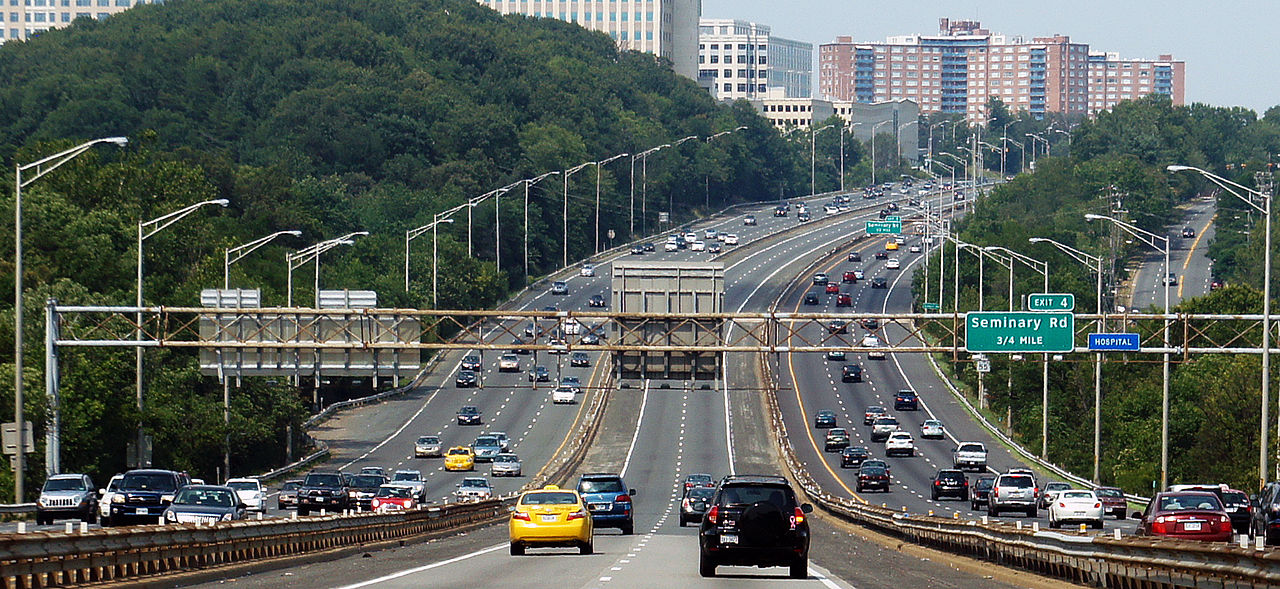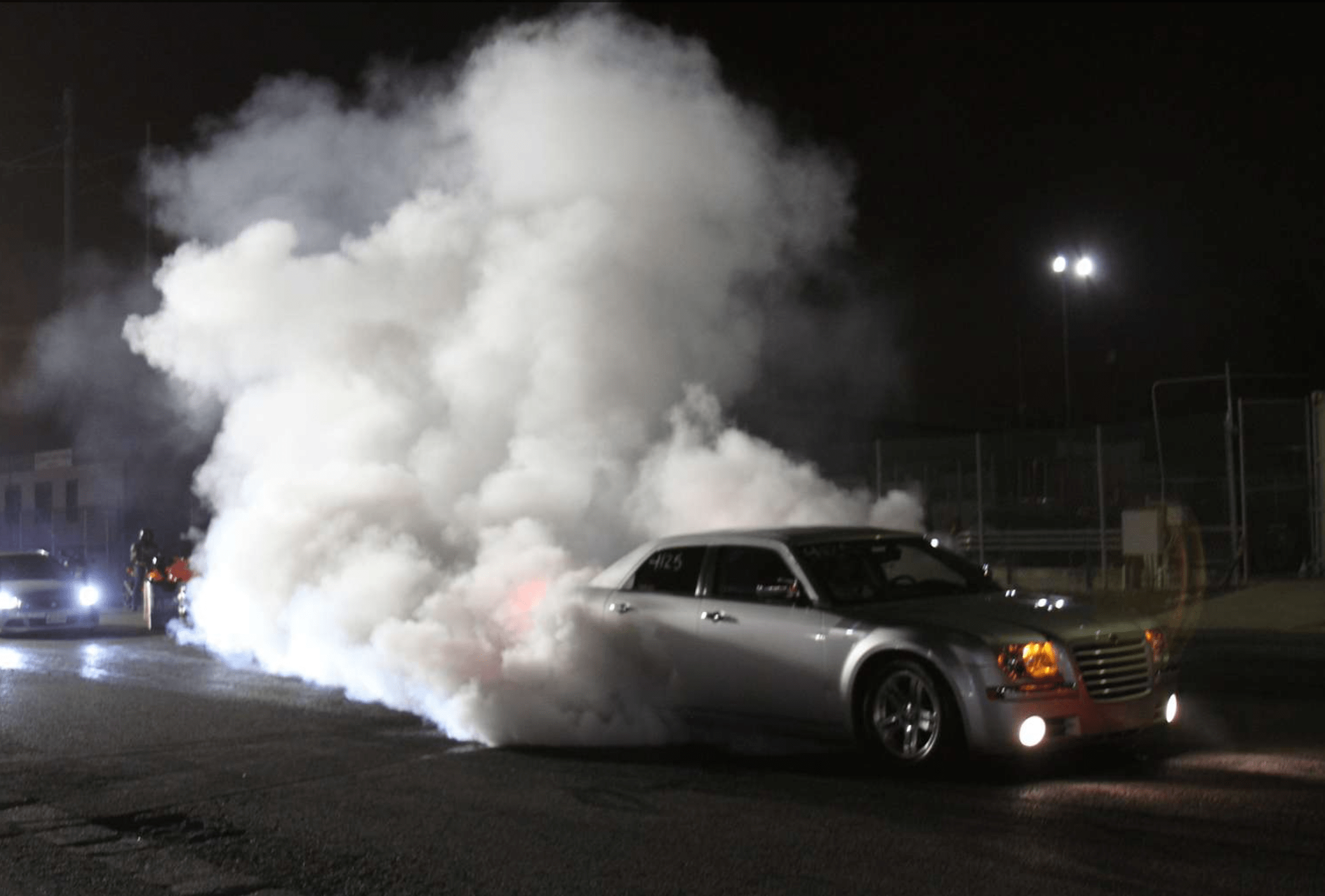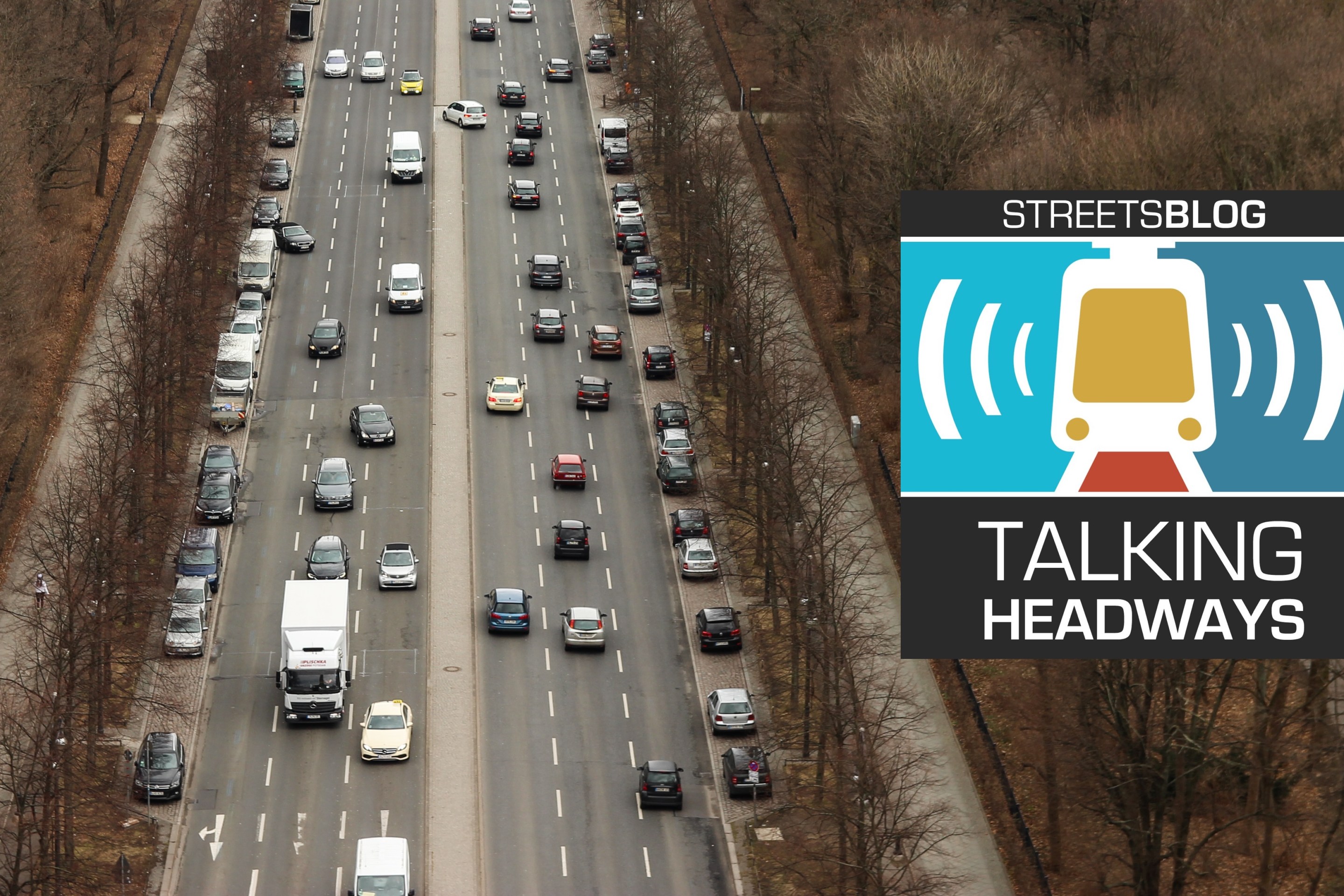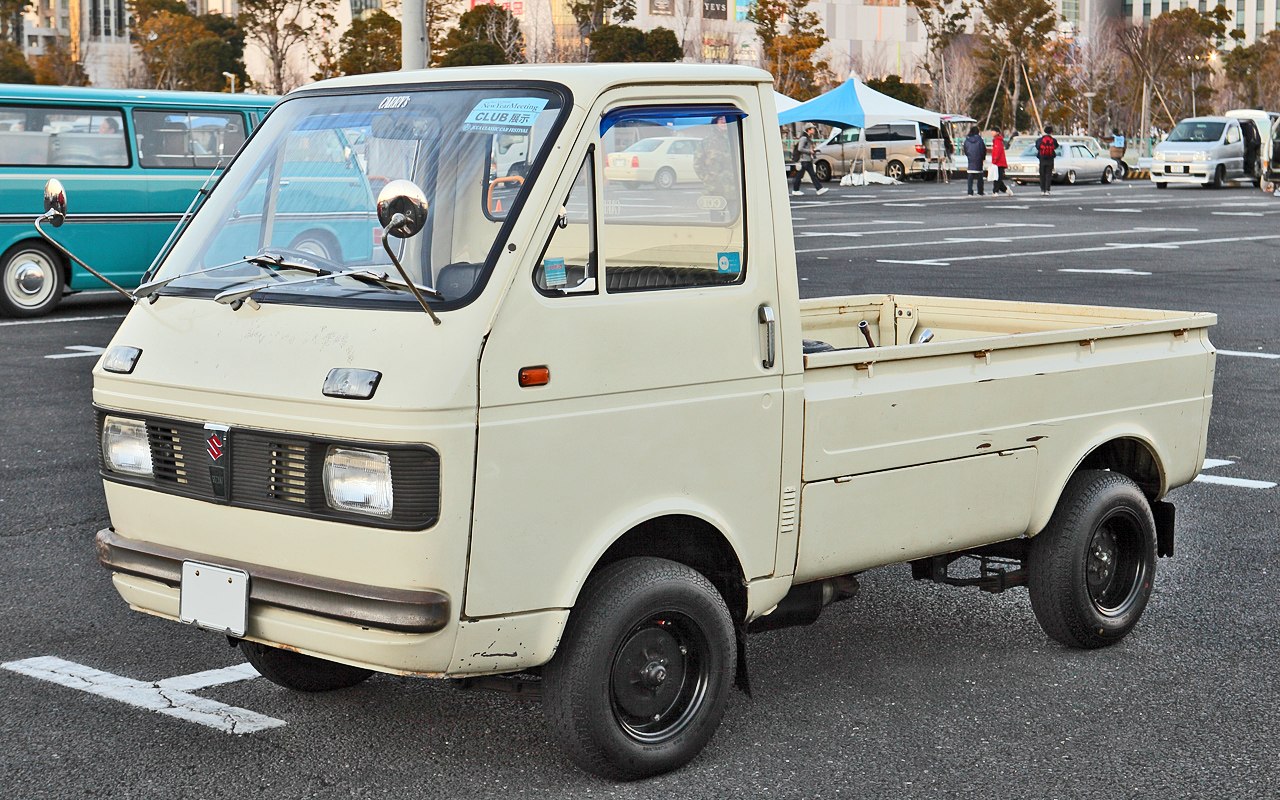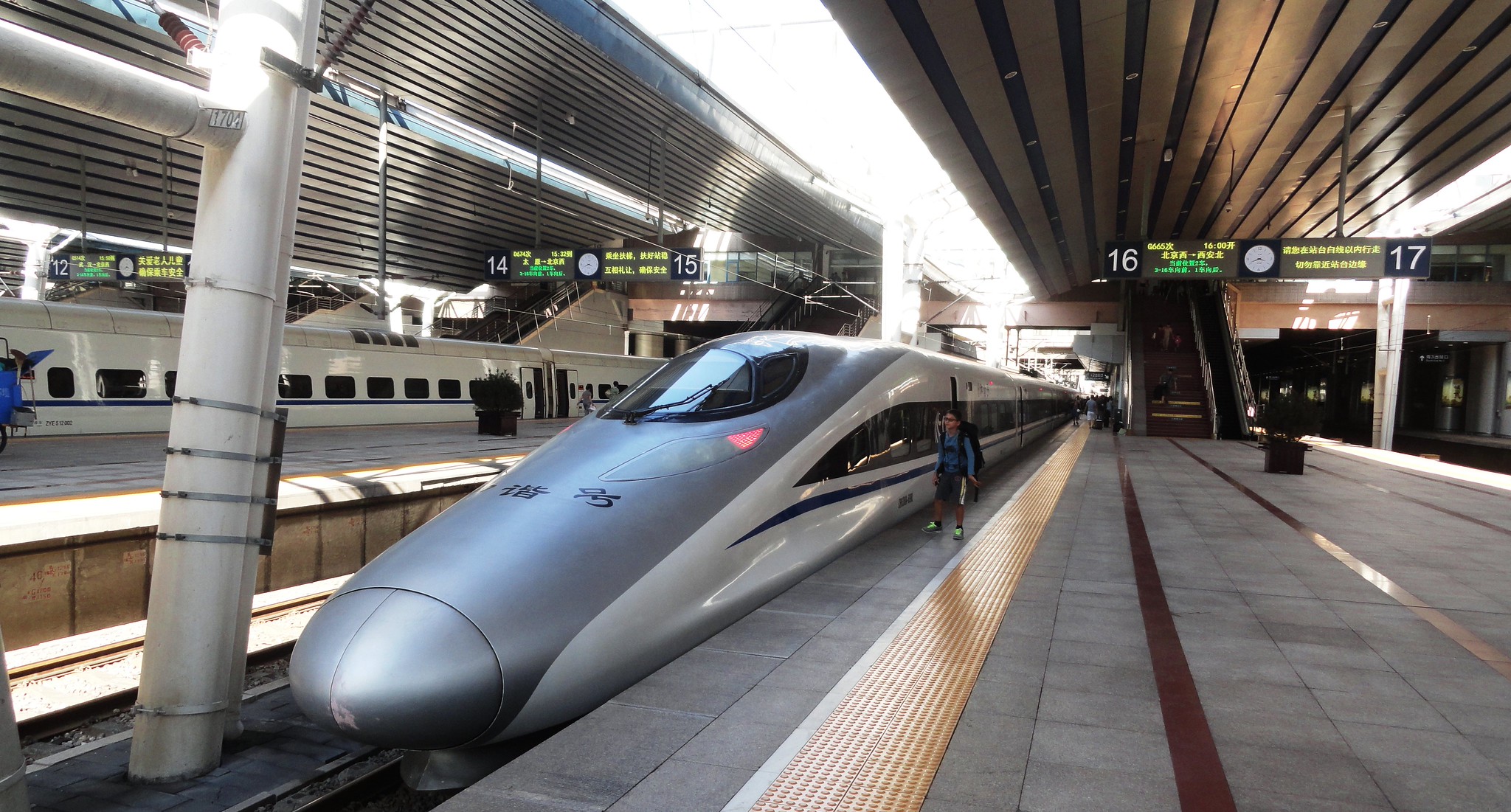Car culture is over — if you want it.
Missouri recently became the first American state to announce that it may postpone several highway projects due to COVID-19, citing plunges in gas taxes and other user revenues that states rely on to keep the roads in working order. It's a small dose of reality as other transportation leaders claim that highway maintenance — and even construction — will continue, regardless of whether they have plan to actually afford it.
Street safety advocates, meanwhile, are hopeful that, in time, other states will follow Missouri's lead — and finally reform our debt-fueled highway experiment once and for all.
"Three weeks ago, we were thinking driver fees might go down 10 percent compared to last year," said Missouri Department of Transportation Director Patrick McKenna. "Four days ago, we were down 20 percent, and I don’t think we’ve seen the end yet. We think it'll be 30 percent soon. And the virus is still probably at least two weeks from hitting its peak in our state."
Missouri is being forced to face the financial facts earlier than most states during the coronavirus outbreak, but others will likely have to face the music as the crisis continues. What's made the Show Me State uniquely vulnerable is the fact it has the seventh-largest road network in the U.S., but ranks 48th for revenue per mile. Missouri relies heavily on a bottom-of-the-barrel state gas tax — one of only a tiny handful of user fees that compromise two-thirds of the state's transportation revenue.
Advocates have long argued that an over-reliance on low gas taxes incentivizes policies that encourage heavy driving in the best of times — and it's devastating during the age of plummeting car travel or a (hopefully impending) shift away from gasoline-powered vehicles.
Of course, McKenna would rather not postpone Missouri's highway spending — if the feds would just hurry up and bail the state out.
In a recent letter to Congress, the American Association of State Highway and Transportation Officials — McKenna is the group's current president — requested $16.7 billion in emergency relief to offset losses in user fees. The group is also preemptively looking for $33.3 billion in relief for 2021 — and that's in addition to encouraging the feds to fund the $786 billion in backlogged highway maintenance when it comes time to talk economic stimulus.
Highways, of course, already get 67 percent of total transportation dollars, and are already deeply subsidized by the federal government (but operating budgets and maintenance are left to the states, which is a little like giving someone a puppy that they can't afford to feed.)
"If we don’t see significant contributions at the federal level, at this point, we will see significant pullbacks at the state level," McKenna said.
But in the eyes of many safe streets advocates these "pullbacks," are often exactly what our communities need — if only to achieve a modicum of financial solvency.
To put it bluntly, in the nearly 70 years since the Federal Highway Act of 1956 gave states a 90-percent discount on a brand new freeway systems of their very own, no state has ever found a reliable way to maintain all that asphalt without extensive federal assistance. We have 50 distinct road-funding structures across 50 states, and no one has found the magic amount to charge for gas taxes, DMV fees and sales taxes to make the math work and subtract from the $786-billion highway maintenance backlog. Highways are always "crumbling." Car-focused road infrastructure always needs more money. Politicians are eternally showing up at ribbon-cuttings for new highways, then quickly realize that they can't maintain the roadways they just opened.
There's a very simple and sobering reason why: because highways just don't make financial sense. And not just in the age of COVID-19, when almost no one is driving if they don't absolutely have to. It's true all the time — even when our economy is at its peak.
Even if we stopped building new highways right now — and to be clear, there is very little political will to do so — every highway that remained on the road would still be a financial drain on the community through which it runs. Every mile of highway costs an average of $24,000 per year to simply maintain, and that colossal figure is simply not recaptured by the taxes and revenues of the businesses astride that highway, the businesses connected by those highways, or even the people that gas up their cars to drive on them.
We can spend another 70 years twiddling the tax knobs all we want – dial up the gas tax, rob our local schools to divert sales tax dollars to repairing asphalt, throw every trick in the book at at it — but it might not matter. Because the fact is, highways themselves encourage a style of development that just doesn't generate that much money in any remotely feasible taxation system. They generate sprawling strip malls, not-especially-dense suburbs, ugly office parks fueled by municipal debt that go dark as soon as the tax incentives run out. They do not generate the kind of development that pays for something as mammoth as a six-lane freeway, never mind a 22 lane one.
So yes: we hope that Missouri defers its maintenance projects. We hope every state does. Rope off a highway lane or two. Close a highway exit or three. Make driving a little more inconvenient. Safely shrink the system you've spent generations growing without thought to the financial consequences. Let some of it return to asphalt.
And if you're really smart: invest that money into infrastructure that's proven to actually make our cities financially productive: bike lanes and sidewalks. Because by the time COVID-19 is over, we're going to need all the financial productivity we can get.
